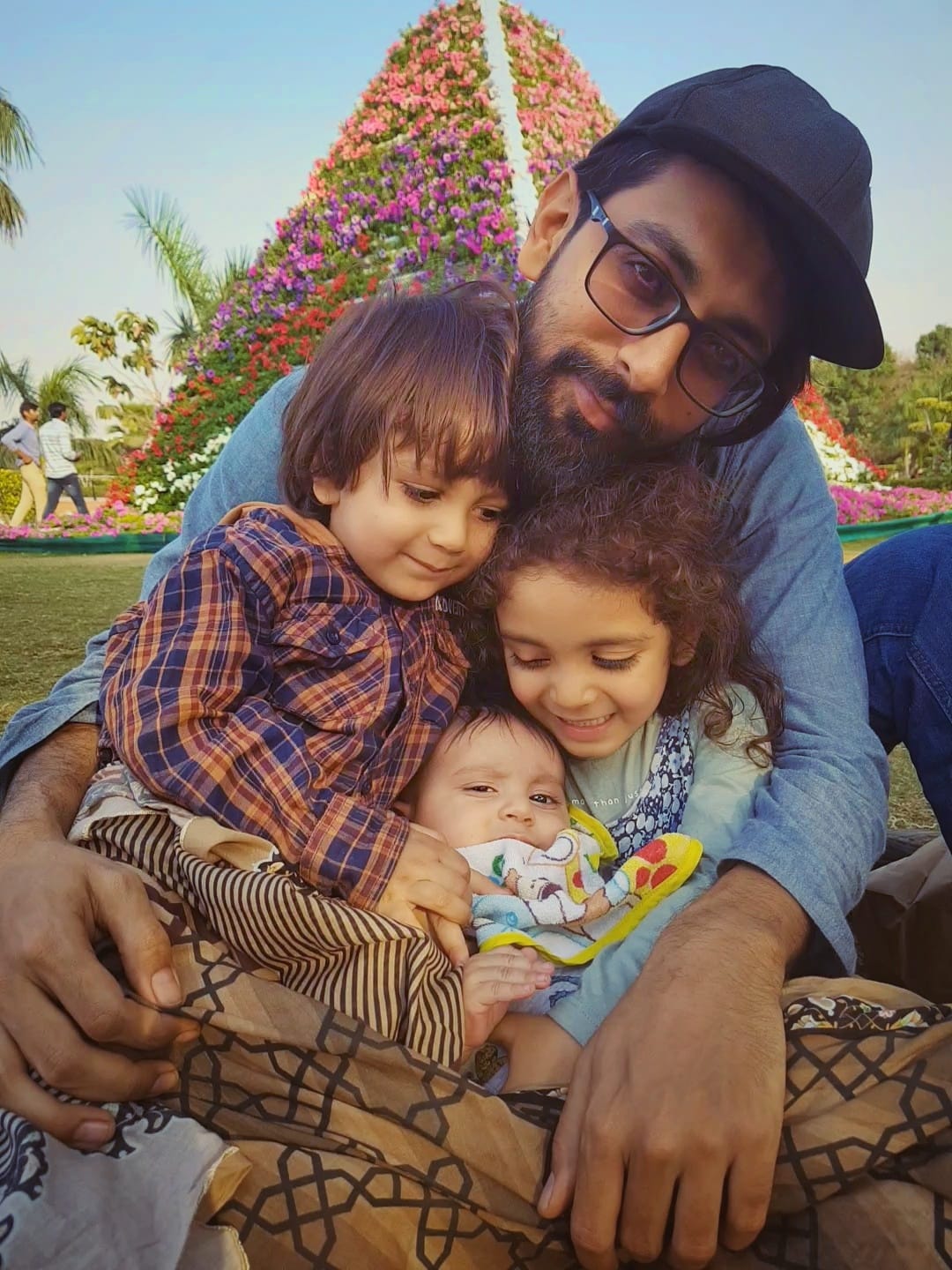According to Germanic Healing Knowledge (GHK), Parkinson’s disease does not stem from a degenerative, irreversible brain disorder as often suggested by conventional medicine. Instead, GHK views the symptoms of Parkinson’s as responses to specific unresolved emotional and biological conflicts. These conflicts manifest in various ways throughout the body and brain, depending on the affected individual and their life experiences.
Here’s a detailed look at Parkinson’s from a GHK perspective:
Key GHK-Related Causes of Parkinson’s Symptoms
- Motor Impairments (Tremors, Rigidity, Slow Movement):
- Conflict Type: GHK associates motor symptoms like tremors, muscle rigidity, and slowed movement with conflicts involving feelings of “being stuck,” powerless, or unable to escape a situation. This is known as a “motor conflict.”
- Biological Response: The brain’s motor control centers are impacted when one experiences the conflict of feeling trapped or frozen in their capacity to act or move forward. This creates a neurological and muscular “freeze” response that manifests as tremors, slowed movement, and muscle rigidity.
- Youth Manifestation: Young people who feel restricted by parental expectations, academic pressures, or social constraints may experience this conflict, leading to early signs of tremors or movement issues if the conflicts remain unresolved.
- Emotional Blunting or Apathy:
- Conflict Type: Feelings of emotional isolation or numbness are tied to “separation conflicts.” When one feels disconnected from family, friends, or meaningful activities, it can cause emotional and sensory numbness.
- Biological Response: The body’s neurological response to prolonged emotional detachment or separation conflicts can result in emotional blunting, a common symptom in Parkinson’s. The body may be trying to “separate” from pain by muting emotional responses.
- Youth Manifestation: This symptom may appear in young adults or teenagers who are struggling with intense feelings of loneliness or are distancing themselves emotionally from social or familial groups.
- Coordination Issues:
- Conflict Type: Loss of control over coordination and balance often ties back to a “disorientation conflict” — situations where one feels off-balance, unstable, or thrown off their usual path in life.
- Biological Response: The brain responds to this type of disorientation by impacting the body’s physical balance systems, which can manifest as issues in coordination and stability.
- Youth Manifestation: For young people, early symptoms might arise due to feelings of insecurity, academic pressure, or significant life changes, leading to difficulties in coordinating or balancing actions.
- Stiff Muscles and Joints:
- Conflict Type: Rigid muscles and joints may stem from a “self-devaluation conflict.” When one feels judged, criticized, or undervalued by others (or oneself), the body may respond with stiffness as a kind of “protective barrier.”
- Biological Response: This is similar to the body “locking up” to prevent further damage or emotional exposure, leading to muscular stiffness.
- Youth Manifestation: This can affect young people who feel highly self-conscious or fear criticism, resulting in early joint or muscle rigidity.
- Speech Impairments (Mumbling, Soft Speech):
- Conflict Type: Issues with speech, such as mumbling or soft speech, relate to “territorial conflicts” where one feels they lack the power or voice to express their opinions or needs.
- Biological Response: The brain responds to this feeling of lacking vocal space or authority by muting or softening speech capabilities.
- Youth Manifestation: Younger individuals who feel unheard by parents, teachers, or peers may suppress their voice, leading to reduced speech capacity over time.
- Hand Tremors and Fine Motor Skill Loss:
- Conflict Type: GHK links hand tremors with specific conflicts where individuals feel they’ve “lost their grip” on something important to them, such as a relationship, role, or life direction.
- Biological Response: The hands, being integral to holding, doing, and creating, respond to this perceived “loss of control” through tremors or reduced fine motor skills.
- Youth Manifestation: Young people who experience a sense of losing control over their own lives due to strict environments, financial insecurities, or relationship pressures may see an early onset of hand tremors.

Why Young People Might Show Early Parkinson’s Symptoms
While Parkinson’s is usually associated with aging, GHK explains that symptoms can manifest at a younger age if emotional conflicts start early and remain unresolved. Young people today may encounter higher levels of stress and conflict, stemming from academic, social, and familial expectations, as well as cultural and personal identity issues. If these conflicts remain unaddressed, they can impact the brain and nervous system, leading to symptoms that mimic Parkinson’s.
Healing and Resolution
In GHK, healing Parkinson’s symptoms involves identifying and resolving the underlying conflicts associated with each symptom. By resolving the original emotional or biological conflict, the brain and body can begin to reverse the physical manifestations.
In young individuals, addressing these conflicts early is critical to prevent the recurrence or worsening of symptoms. Through awareness, supportive therapy, and a focus on self-worth, young people can unlearn limiting beliefs and resolve deep-seated conflicts, allowing the body to return to its natural balance.

